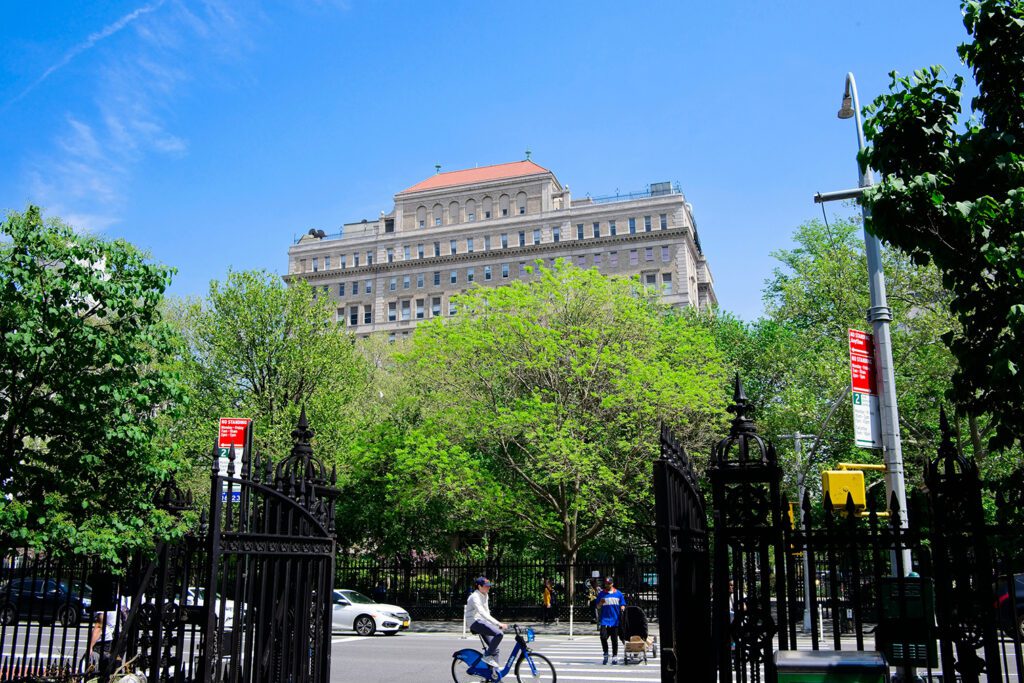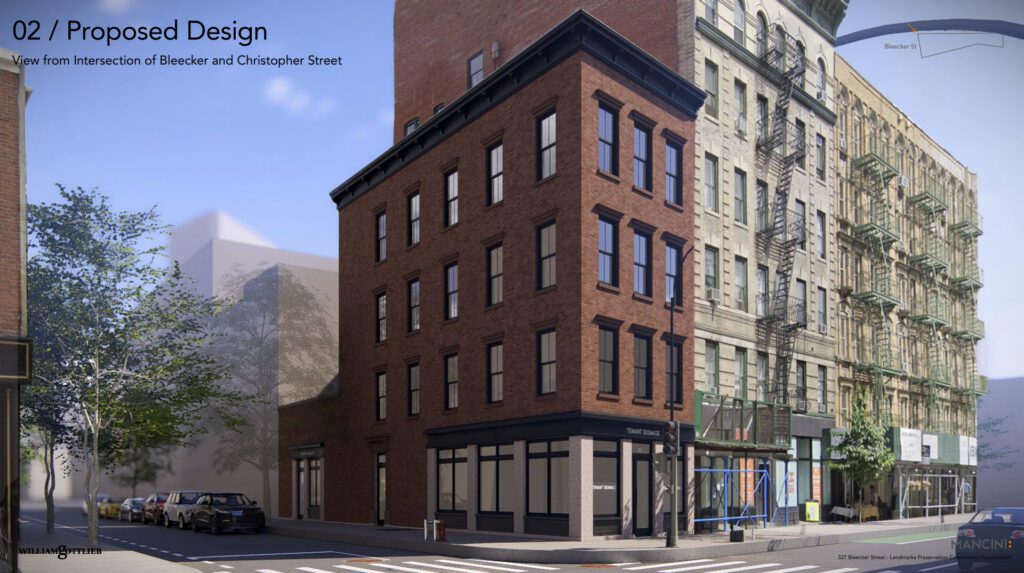“If this hospital closes, people will die.”
So declared attorney Arthur Schwartz to New York State Supreme Court Justice Jeffrey Pearlman during a nearly all-day Halloween hearing on the fate of Mount Sinai Beth Israel—the embattled hospital on East 16th Street and First Avenue.
Schwartz, representing community advocates, urged Judge Pearlman to maintain the temporary restraining order (TRO) he’d issued in August, halting a shutdown.
Schwartz said that emergency rooms at nearby Bellevue and NYU Langone are already bursting at the seams, with the Bellevue ER so overcrowded, it is routinely diverting patients to Beth Israel, and the ER at NYU Langone so packed with stacked patients, it resembles “a cattle car.”
David Friedman, an attorney for Mount Sinai Health Systems, delivered his own dire warning, telling the judge that unless Mount Sinai is allowed to shutter Beth Israel, the $10.8 billion hospital chain could be forced by financial losses “ultimately to close all its facilities in New York.”
Friedman decried as “absurd and offensive” community advocates’ claim that Mount Sinai seeks to profiteer off Beth Israel by selling off the property to real estate developers, ridiculing that accusation as one that casts Mount Sinai leadership as “supervillains.”
Closing plans
Mount Sinai a year ago last fall announced plans to completely close Beth Israel, the 135-year-old teaching hospital, renowned for treating patients turned away elsewhere, and for pioneering medical advances ranging from colonoscopies to AIDS treatments.
Beth Israel is the only full service community hospital with an emergency room for a large swath of Lower Manhattan, from Canal Street up to 23rd Street, river to river. According to government data, residents of Lower Manhattan below 14th Street have less than one hospital bed per 1000 people, while Upper East Siders boast over ten beds per 1000.
The ongoing battle began following the announcement. A battle that is basically unreported outside of local media. Major media—The New York Times, Spectrum, Fox, CBS, Crain’s and others—all broadcast imminent demise.
In July, the NYS Department of Health (DOH) conditionally approved closure, following months of wrangling. However, the hospital remains open due to the lawsuit. In August, the judge dismissed that case—once again putting Beth Israel on the brink. Community advocates immediately filed a new suit specifically to challenge DOH’s approval of closure.
A few community newspapers tracked the new case, and the subsequent restraining kept Beth Israel “on life-support,” as reported in The Village Sun.
Mount Sinai contends Beth Israel is costing its system $18 million dollars a month.
Advocates have countered with an analysis documenting Mount Sinai’s apparent sabotage of Beth Israel’s profitability since acquiring the hospital in 2013. A damning chart matches hospital losses to Mount Sinai stripping Beth Israel of lucrative medical departments, transferring them elsewhere. Services removed included cardiac surgery, maternity, neonatal care, pediatrics, chemical dependency and rehabilitation.
A similar strategy was undertaken at Long Island Community Hospital, a 150 year-old hospital serving downtown Brooklyn. Over there, a similar community process delayed the closing for a couple of years, but in the end the hospital was shut and most of the property sold to real estate developers.
Sabotage
In September, Schwartz charged that while Beth Israel’s emergency room census was up to 135-150 patients a day, the hospital was stealthily shipping patients to other Mount Sinai facilities rather than admitting them, “as an artificial and hidden means of reducing the admitted patient population,” again to sabotage Beth Israel and bolster the case for closure.
Whether Judge Pearlman can even consider the evidence offered by community advocates is an open question.
Nicole Gueron, the attorney for DOH, argued that the extreme deference to government built into state law means that DOH’s approval of closure must be upheld unless there’s “no rational basis for it.” She also asserted that the court can base its decision only on DOH’s administrative record, not evidence introduced by community advocates.
Schwartz and colleague David Siffert countered by leaning into New York’s public health law, which calls on DOH to wield its hospital oversight powers with more than ordinary care, given that “hospital…services…of the highest quality, efficiently provided and properly utilized at a reasonable cost, are of vital concern to the public health.”
Schwartz and Siffert also argued that the public health law gives the judge authority to sanction Mount Sinai for violating the law when it shut down Beth Israel services before receiving DOH approval to do so.
If allowed to close Beth Israel, Mount Sinai has agreed to open an urgent care center on the 14th Street campus of New York Eye and Ear Infirmary, and also to provide $20 million over three years to Bellevue Hospital for the eventual expansion of its Emergency Department.
The urgent care center, which would not be an emergency room, but which would have emergency medicine doctors on staff, would be open 24 hours a day for its first three months, with future hours to be determined. It would accept patients regardless of their ability to pay. Community advocates have vehemently contested the adequacy of these plans to address community need. The parties await a ruling by Judge Pearlman on whether Beth Israel closes or this fight continues.
The Beth Israel battle takes place against a backdrop of accelerating hospital closures, locally and nationwide.
For the past two decades, communities have grappled with the loss of Cabrini Medical Center in Grammercy Park, St. Vincent’s Hospital in Greenwich Village, and Kingsbrook Jewish Medical Center in East Flatbush. Earlier this year, SUNY Downstate in Brooklyn faced the threat of closure, and while it is temporarily stabilized, its future remains uncertain. These losses—and especially Beth Israel on the brink—recently spurred state lawmakers to pass the Local Input in Community Healthcare Act, which would require more robust public engagement when a hospital seeks to close. The bill awaits the Governor’s signature, but it would not be retroactive.
At this point there is no indication when Judge Pearlman will issue a final ruling, possibly influenced by the new state law.



